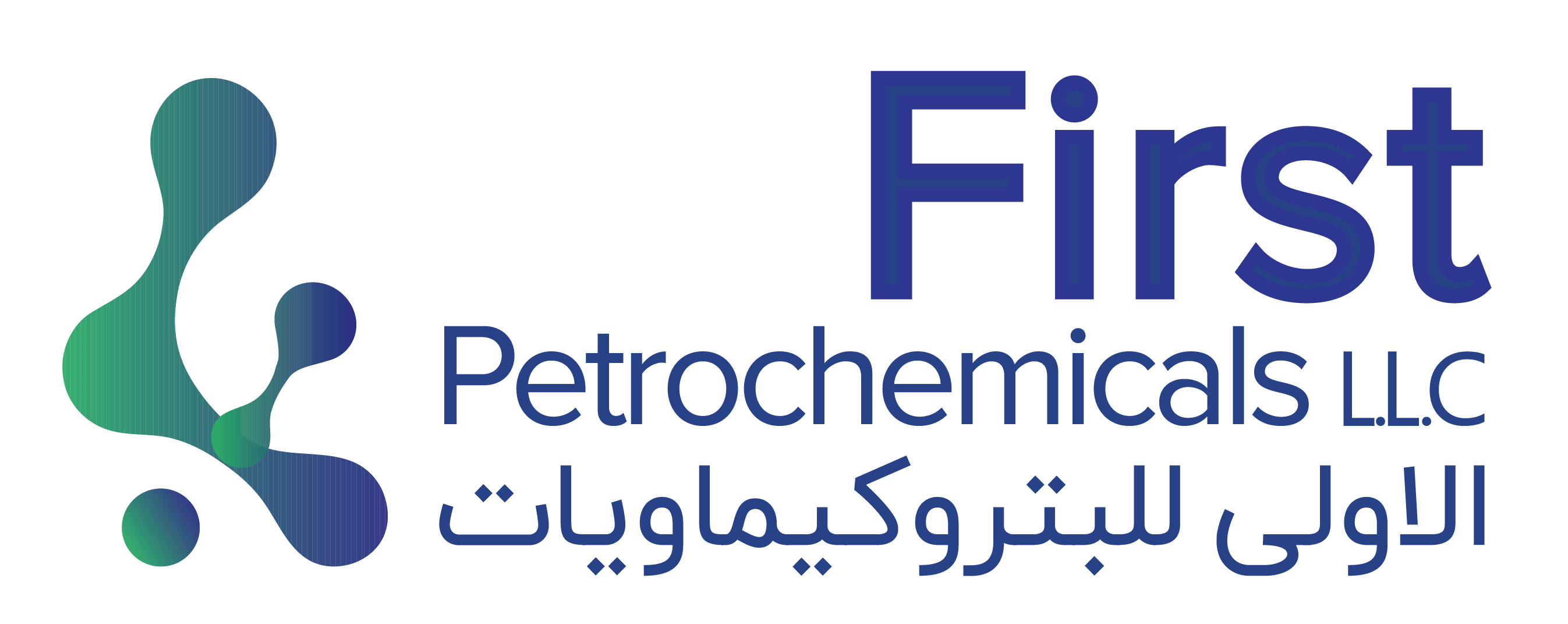Natural gas hydrates are ice-like solid structures formed in the presence of water and gas molecules (CO2, CH4, C2H6, etc.) when water form cages entrapping guest molecules. Formation of hydrate is promoted at high pressure and low temperature conditions.
Hydrate Types
There are there types of hydrates commonly encountered in the petroleum field. These are called Structure I (S I), Structure II (S II) and a third type of hydrate that may also occur is Structure H (S H), but it is much less common.
Compared to other production problems, hydrate formation is a relatively new phenomenon that is going to become more and more significant with increasing developments as well as huge gas projects in the Middle East. The best way to prevent hydrate formation (and corrosion) is to keep the pipelines, tubing and equipment dry of liquid water. There are occasions, rightly or wrongly, when the decision is made to operate a line or process containing liquid water. If this decision is made, and the process temperature is below the hydrate point, inhibition of this water is necessary. Many materials may be added to water to depress both the hydrate and freezing temperatures. For many practical reasons, an alcohol or one of the glycols is injected as an inhibitor, usually methanol, and Diethylene glycol (DEG) or Ethylene glycol (EG). All may be recovered and recirculated, but the economics of methanol recovery may not be favorable in many cases. The use of low dosage hydrate inhibitors (LDHIs), such as kinetic hydrate inhibitors (KHIs), offers an alternate technical solution to thermodynamic hydrate inhibitors by offering better economics, improved Health, Safety and Environmental (HSE) performance and less demand on product transportation and storage.
This hydrate inhibitor is a Low Dosage Hydrate Inhibitors (LDHI) effectively controls hydrates to maintain well, flowline, and pipeline integrity while lowering total costs in process applications. Extensive research, product development, and application experience in our company has resulted in LDHI products designed specifically for continuous use hydrate control applications.
Requiring lower dosage rates than traditional methanol or glycol based inhibitors, This LDHI prevent hydrate plugs that can create complete blockages, improving health, safety and environmental (HSE) performance by reducing chemical storage and handling hazards associated with thermodynamic inhibitors such as methanol and glycols.
Our chemical experts perform an extensive system survey to determine which type of inhibitor is best suited for the application, and provides a cost-effective LDHI to reduce the risks of plugged lines and system failures, associated with hydrates. Our advanced technologies allow continuous LDHI treatments while controlling process parameters, with special formulations available to eliminate methanol contamination of export gas and associated penalties.
Offering best-in-class technology, our company continues to introduce innovative products and applications for LDHI solutions, including:
- Anti-Agglomerate (AA) inhibitors that prevents hydrates from adhering to each other by keeping hydrate crystals in a slurry that can be flushed out with remaining fluids
- Kinetic Hydrate Inhibitors (KHI) KHIs are special polymers and surfactants that delay the process of hydrate nucleation long enough for the fluids to reach the process facilities without plugging the transport pipelines
This product is added at low concentrations, often around 0.1–1.0 wt. %, active concentration. This is in sharp contrast with 10–50 wt. %, needed for thermodynamic inhibitors such as methanol, glycols or salts.
Features and Benefits
- Expert system survey determines the LDHI best suited for all kinds of applications
- Lower dosage rates are required than traditional methanol or glycol based inhibitors
- Innovative, field-proven solutions like Anti-Agglomerate (AA) and Kinetic Hydrate Inhibitors (KHI)
- First-of-its-kind system of highly advanced rocking cells for testing and assessing LDHI
- Extends well life better than thermodynamic inhibitors in systems with significant produced water
- Advanced technologies allow continuous LDHI treatments while controlling topside fluid separation and water quality
- Lower dosage rates reduce logistics costs like delivery, storage, and pump requirements
- Special formulations eliminate methanol contamination of export crude and associated penalties




